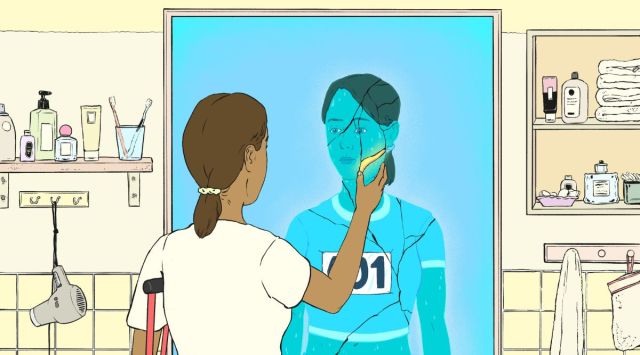
Education has a quiet, often unnoticed power. For me, it revealed itself unexpectedly through sociology — an accidental choice made without expectation of immediate utility. I pursued it, not knowing how it might matter in ordinary or extraordinary moments. For years, I measured my research degree from one of India’s premier institutions against my inability to secure meaningful employment. I blamed myself, rued what I perceived as the “waste” of years of learning, and judged my achievements as hollow. Yet in recent times, especially in the days after my father passed away, I realised that the value of education is not always measured in career outcomes. It often reveals itself in understanding, empathy, and the ability to make sense of human experience.
After my father departed, I remained in Delhi. Tradition expected me to be beside him, Ma, and the family — yet I was absent, away from it all. For long, I judged myself, wondering if distance made my grief less real, if not being present somehow discounted my love for my father. Even in mourning, I kept questioning myself, circling back to guilt.
And yet, my mother, standing at the centre of her own grief, bore no judgment. She had lost her life partner, yet she stood beside me in quiet affirmation. Her strength was unassuming, almost invisible to anyone looking from the outside, but profound. She showed me that love and support do not need to follow prescribed forms; they can exist in gestures of trust and acceptance, in the permission to make choices even in pain. Her resilience was radical precisely in its subtlety. Tradition dictates that the immediate family must “be present,” that grief has a defined form, that absence signifies distance or neglect. She did not insist, argue, or even comment. In holding space for my choice, she reshaped the expectations I had internalised. Strength, I realised, can be quiet. Love need not be performative. In those days, she quietly redefined what it means to act with courage, love, and conviction.
Other bonds emerged with equal clarity. Chandan bhaiyya, my father’s medical attendant, carried responsibilities far beyond his role. He tended to my father, supported my mother, and kept our household running in the midst of grief. His acts were unremarkable in appearance — making calls, arranging logistics, ensuring medications — yet each one was threaded with care and steadfastness. In him, I saw how responsibility transforms ordinary labour into extraordinary expressions of connection.
And then there were my father’s brothers in uniform. When he was taken for his final journey, servicemen on leave and ex-servicemen gathered to bid him adieu in ways befitting a soldier best — with a parade, a salute, and a unified Jai Hind. Hearing of the gesture, I felt something profound: Bonds extend beyond family, beyond titles, beyond blood. They are formed through shared duty, loyalty, and collective commitment.
Through all these experiences, I began to see grief differently. It is not solely about absence; it illuminates the networks of care and attention that sustain us. Grief is also a reminder of a life lived, of pride, and of gratitude. It finds its own language in each of us: Sometimes in silence, sometimes in absence, always in love. My mother’s quiet strength, Chandan bhaiyya’s steady dedication, and the homage of brothers in arms all created a living mosaic of memory, support, and continuity. These relationships endured not because they were mandated, but because they were chosen and sustained through acts of care and responsibility.
Sociology gave me the language to understand what I was witnessing. The theories I studied — about social bonds, networks of support, and the lived experience of relationships — were no longer abstractions but reflections of reality. My education reminded me that human connections are not only inherited or formalised; they are continuously created, enacted, and renewed. Learning equips us not merely to pursue careers, but to see the world with empathy and recognise the threads that hold life together. The most enduring lessons are often lived in moments of both ordinary routine and extraordinary loss. Education, in its truest sense, should not be confined to career preparation or degrees displayed on walls; it should cultivate understanding, compassion, and the ability to interpret and nurture the bonds that shape society.
My father is no longer here, but what remains — the care, the support, the unwavering presence of those around him — is luminous. Grief, in its profound sadness, revealed the strength of kinship that survives absence. It showed me that what endures are not rituals alone, but the bonds that continue to hold, quietly yet powerfully, reminding us that the human heart is capable of sustaining far more than we often believe.
Olly Mohanta is a Delhi-based writer and researcher